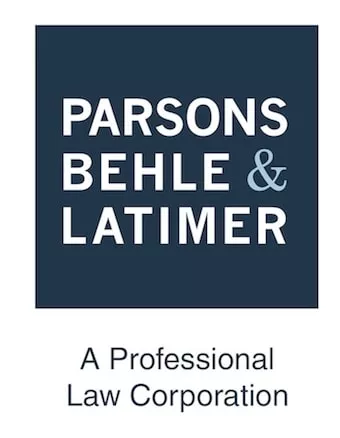As a company forms business relationships with customers, vendors, manufacturers, employees and others, disclosures about the company, its products and its services become inevitable. During these discussions, a business must take measures to protect its intellectual property.
There are primarily two legal instruments for protecting intellectual property with which every business manager should be familiar. The first is the patent. The second is the non-disclosure agreement. Both provide protection for a business's intellectual property but the contexts in which each is used may differ.
Patents
Patents are an effective way to protect the products and services provided by a business. While many view patents only in the context of engineering devices and products, the law specifically states that a patent can be received for any new and useful process. Some exceptions exist. For example, methods of organizing human behavior cannot be patented. However, in general, a business that provides a novel solution to a technical problem should consider protecting its intellectual property through a patent.
Patents provide definitive claims that set out what a business owns. Any competitor that practices any element of a patent claim is guilty of infringement. A court may order the infringing competitor to cease all infringing activity or to pay damages to the patent owner or both. As relationships are formed, businesses can rely on patents to ensure that information disclosed to other parties is not used in a way that competes with the business.
As useful as they are, patents have some shortcomings. For example, patents are locked in time. As more development occurs, the products and services offered by a business may evolve from those described in the patent. Constantly creating new patents can become expensive and unsustainable. Also, patents may only cover a specific portion of a product or service, while other elements that provide a competitive advantage are not covered. Further, some elements that contribute to a business's success may not qualify for patent protection.
Non-disclosure Agreements
The unpatented portions of a business's products or services may be important to the success of the business and may warrant protection as trade secrets. In general, a trade secret is any information that is not generally known or readily ascertainable; provides economic benefit to the owner; and the secrecy of which is protected by reasonable efforts. Non-disclosure agreements are central to the protection of trade secrets.
Non-disclosure agreements may take different forms, such as employee confidentiality agreements and mutual non-disclosure agreements between companies. Non-disclosure obligations are also often found in other types of agreements, such as services agreements, purchase orders, joint development agreements and more.
Non-disclosure agreements create a contractual obligation not to disclose any information designated as confidential or proprietary. They also typically include an obligation to pay damages for any unauthorized disclosures. As businesses contemplate forming relationships with third parties, they should consider using non-disclosure agreements to ensure that their recipe for success does not end up in the hands of their competitors.
Non-disclosure agreements may also include provisions for restricting how confidential information is used by others. However, because they may require cumbersome safeguards and additional risk, some companies may not agree to such restrictions. Further, it can be difficult to detect an unauthorized use of confidential information. Businesses should not rely purely on these use restrictions in non-disclosure agreements to protect their competitive advantage. Rather, patents should be the primary tool for preventing the unauthorized use of intellectual property.
An experienced intellectual property attorney, such as those at Parsons Behle & Latimer, can help business leaders by ensuring that they are using the correct tools to protect their businesses' intellectual property.
The content of this article is intended to provide a general guide to the subject matter. Specialist advice should be sought about your specific circumstances.

